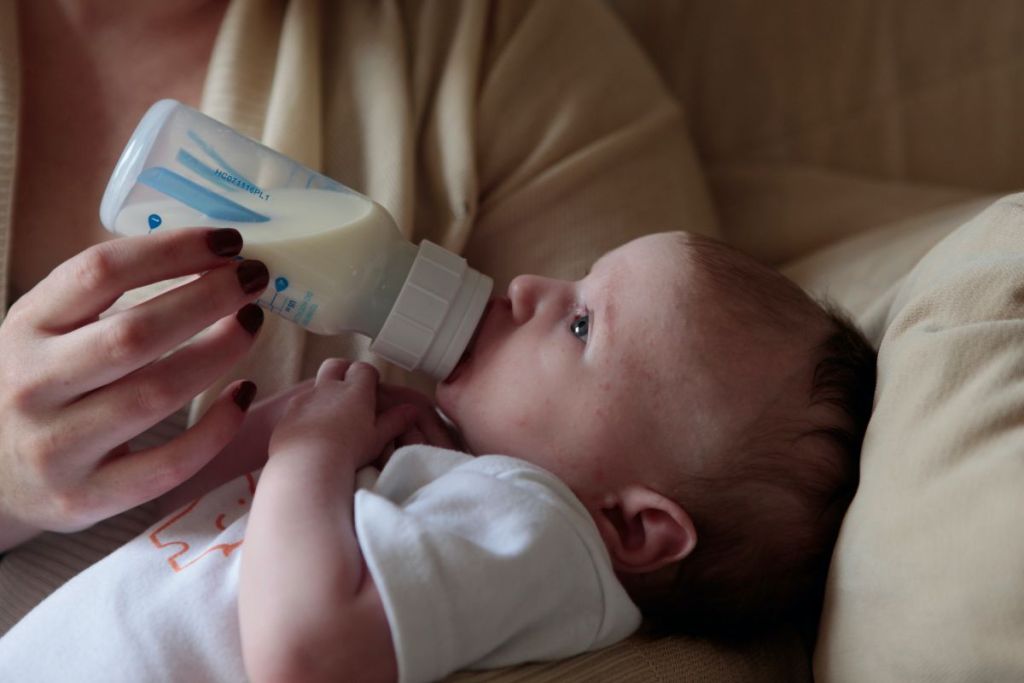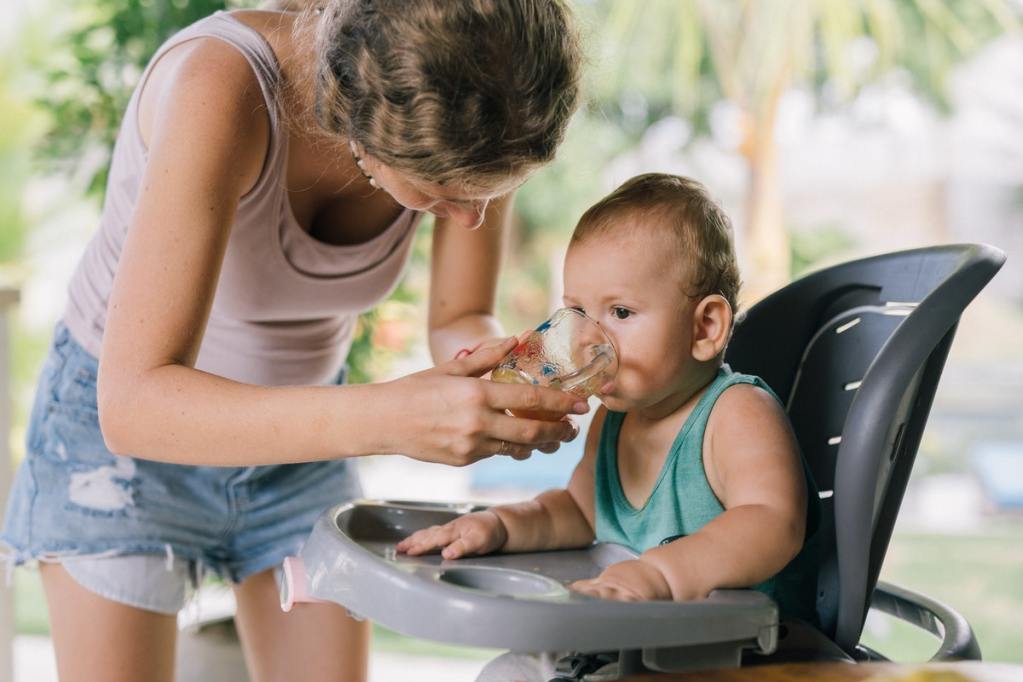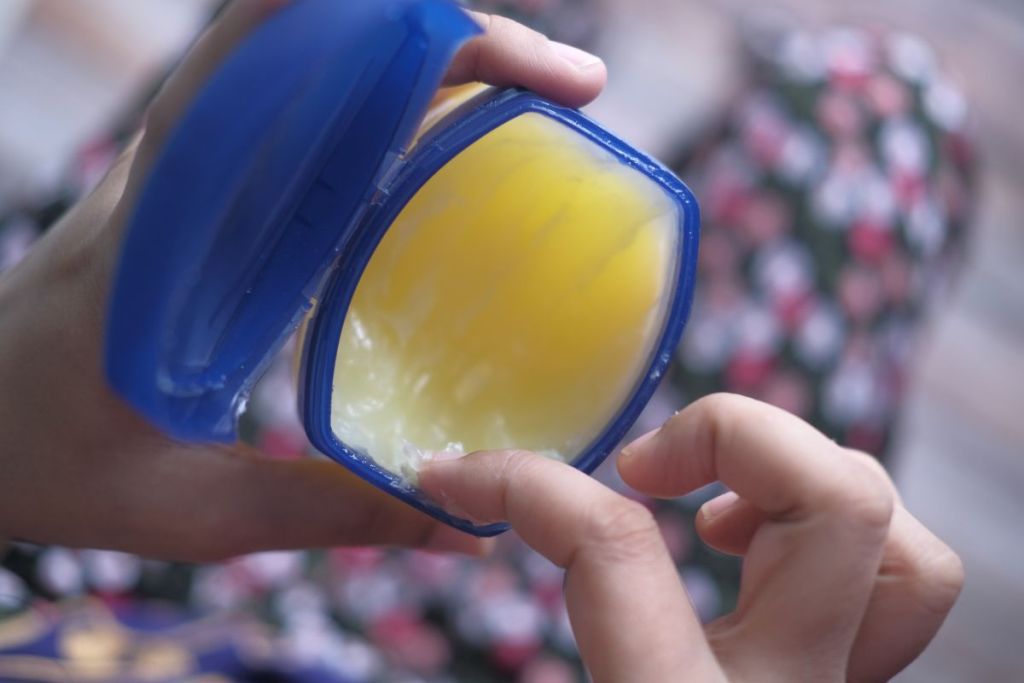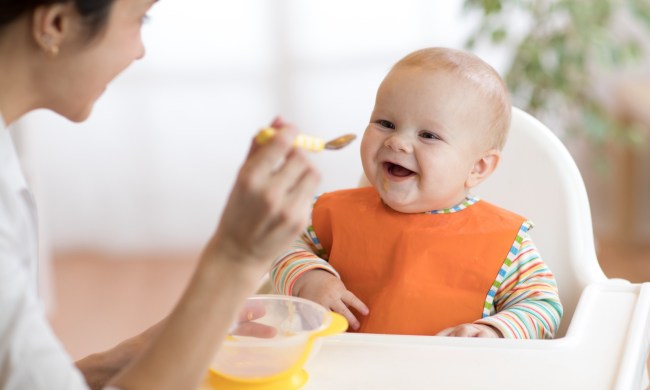
Bringing your newborn home from the hospital can be both exciting and a little bit scary. You are now responsible for another human being and that means monitoring things like how much they are wetting their diapers, how often they are sleeping, how much milk or formula they are receiving, and of course, how much they are pooping.
Newborns need to poop regularly. It’s imperative to be familiar with your infant’s bowel movement schedule to ensure you’re alert if they do get constipated. Here are some tips for how to help a constipated newborn safely and effectively.
Make dietary changes

Sometimes, a simple change in your newborn’s diet can make a difference. For example, Jay L. Hoecker, M.D. of the Mayo Clinic recommends a small amount of fruit juice in their bottle. Some juices that can help include 100% apple juice, prune juice, or pear juice. These juices contain something called sorbitol, which is a sweetener that acts a bit like a laxative.
Hoecker recommends starting with between two to four ounces. On the other hand, if your baby is formula-fed, you may want to talk to your pediatrician about changing their formula to see if that makes a difference. At times, the formula from concentrate can help them go a little easier vs. the powder-based formula.
Movement

Do not let your baby sit in a cradle, stroller, or car seat too long if they are constipated. Movement is key to bowel movements. A few “exercises” that you can try to help them poop is to bicycle their legs, moving their legs as if they were riding a bicycle. Another movement you can do with your baby is to have them pretend to “walk” in your lap, where they are upright on your lap and moving their legs around.
Pediatrician Dr. John Bisacco told Romper, “If one sees the baby pushing, bringing the legs up to the belly, and a gentle push of the thighs onto the belly may help get things moving!” Doing this can help get the stool moving a bit more in your baby’s intestines, which is exactly what mom and dad want.
A warm bath + massage

If you know how to give a baby a massage, then this is a great time to give them one. Health Visitor with a Bachelor of Science (BSc) in Specialist Community Public Health Nursing, Harriet Gibbs says to try alittle warm bath first in an article on BabyCentre.
The warm water may help his or her tummy by loosening things up a little bit. If they have tense tummy muscles, it can also be hard for them to go. But more importantly, the bath helps them relax, which may also help them go. Then, it would be a good time to give the baby a massage, focusing mainly on their stomach and body.
Give them water

Changes in food and diet can often cause constipation, which affects babies who start on solids or are introduced to new foods. Giving your baby small amounts of water can help keep them hydrated by ensuring they have an adequate intake of fluids. Water is great for those parents who are trying to stay away from giving their infants juice because it has a similar effect.
Consult your pediatrician to see how much water is suitable for your infant, depending on their age. Water will help them digest and expel their food but can also fill them up, so it’s important to speak to your doctor to ensure you’re not giving them too much liquid.
Use petroleum jelly

Sometimes, a little bit of petroleum jelly around the opening of the anus can help the stool slide out more easily. However, most parents have found success in lubricating a rectal thermometer. Dr. Danelle Fisher, a pediatrician and vice-chair of pediatrics at Providence Saint John’s Health Center in Santa Monica, California, believes in this method.
Doing so helps to stimulate the muscles used for bowel movements. This could help to get a bowel movement going for them as well as they use muscles to bear down, which can also help them go poop. Fisher told Care.com, “With the baby lying down with a diaper underneath, insert the tip of the rectal thermometer into the anus and twirl slowly in a circle. Remove the thermometer, and poop should come out within 24 hours.” If you are not sure how far to insert the thermometer into the anus, it is best to call your pediatrician’s office, and a nurse can help you out with that question.
If nothing has worked, then it is time to pay a visit to your child’s pediatrician, who may be able to give you plenty more insight into your baby’s constipation issue. They will be able to tell you if you should give your child a certain medication, or they can prescribe something for them. Mom and Dad just need to stay calm and let the doctor take care of things.
When it comes to how long a baby should go between poops, the general rule is it should be no more than three days. However, many babies are different from each other, and what is normal for one baby may not be normal for another baby. One baby may have multiple poops a day, while others may not poop for a day and then poop the next day. It’s all about getting acclimated to your baby’s bowel movement schedule. These tips may help you to relieve your little one’s constipation and help them feel better.


